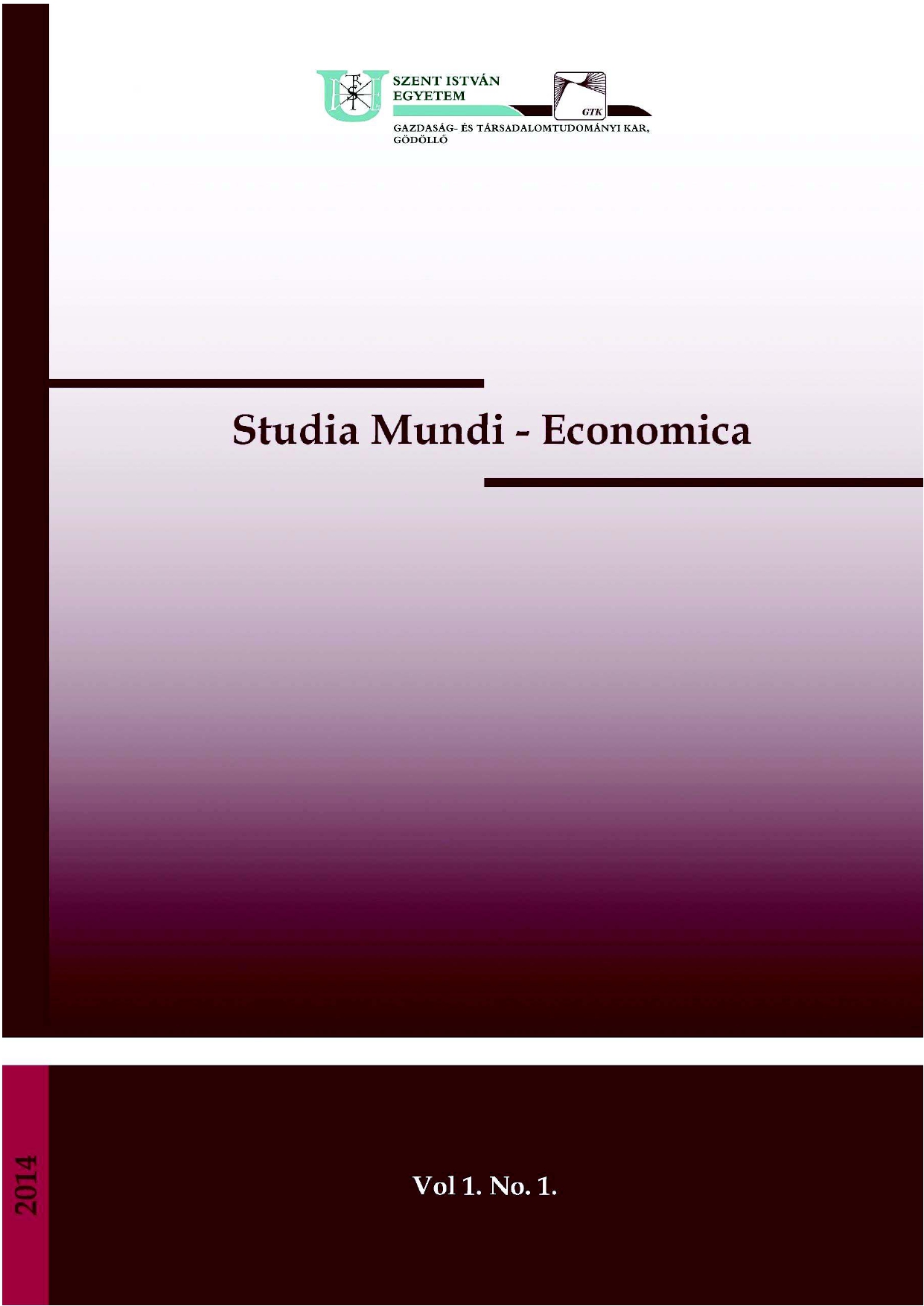Adaptation of climate smart agriculture concept in Kazakhstan, pros and cons
DOI:
https://doi.org/10.18531/Studia.Mundi.2014.01.01.120-124Kulcsszavak:
Climate Smart Agriculture concept, Food and Agricultural Organization, World Bank, food security, climate change, CSA methods, no-tillage methodAbsztrakt
The main purpose of this research is to see new examples of climate smart farming methods, how they might increase agricultural productivity and to be resilient to climate change. The object of the research is Climate Smart Agriculture holistic concept. The subject of the research is the relationships between farmers and governments of different countries. Food and Agriculture Organization is one of the major objectives to achieve food security and the agricultural sector is a key driver of food security. Having sustainable agricultural growth is necessary for achieving global food security. In order to become resilient to disasters, increase productivity and incomes and contribute to mitigation there is a relatively new holistic concept called Climate Smart Agriculture. Climate Smart Agriculture project is trying to build a model for the kinds of practices, policies and investment proposals and making resources of financing that we need to achieve food security.
Hivatkozások
Letöltések
Megjelent
Folyóirat szám
Rovat
License
Copyright (c) 2014 Anna Viter

This work is licensed under a Creative Commons Attribution-NonCommercial-NoDerivatives 4.0 International License.
A folyóirat Open Access (Gold). Cikkeire a Creative Commons 4.0 standard licenc alábbi típusa vonatkozik: CC-BY-NC-ND-4.0. Ennek értelmében a mű szabadon másolható, terjeszthető, bemutatható és előadható, azonban nem használható fel kereskedelmi célokra (NC), továbbá nem módosítható és nem készíthető belőle átdolgozás, származékos mű (ND). A licenc alapján a szerző vagy a jogosult által meghatározott módon fel kell tüntetni a szerző nevét és a szerzői mű címét (BY).






